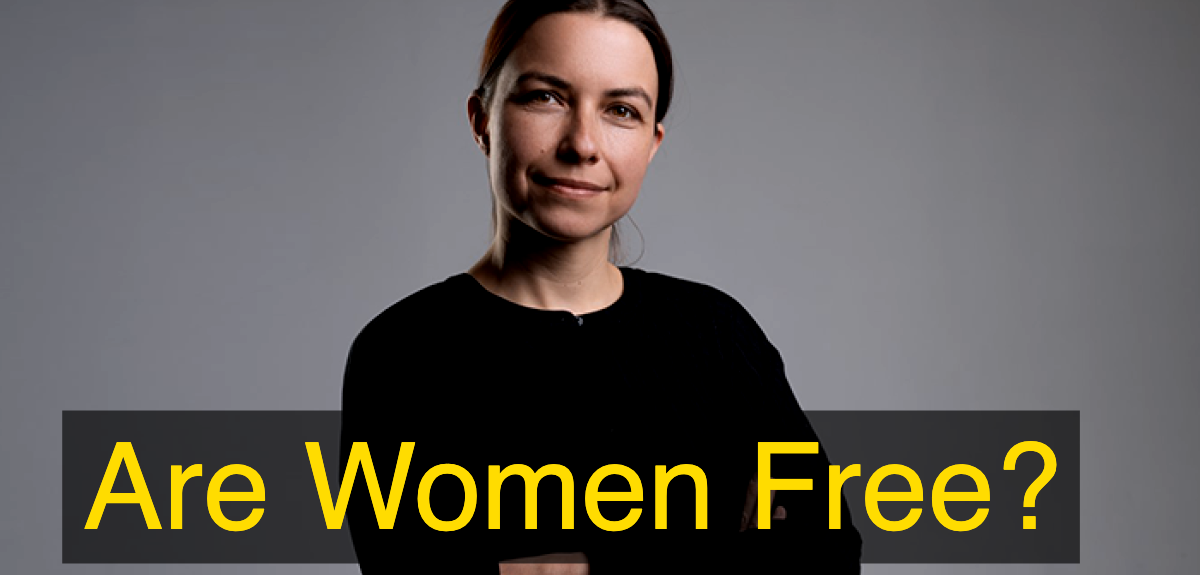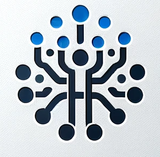Revolutionizing Domestic Work: AI, Automation, and Women's Equality
In a candid conversation, Professor Ekaterina Hertog delves into the intricate dynamics of AI and automation in the domestic sphere, scrutinizing their implications for women and society at large.

Hertog, a scholar at the Oxford Internet Institute, provides a nuanced perspective on whether recrent AI advances can truly alleviate societal inequalities and foster greater inclusion for women and under-represented groups.
A Glimpse into Hertog's Research
Professor Hertog’s research intersects digital sociology and family sociology, spearheading the ESRC-funded Domestic AI project. This project, based at the Oxford Internet Institute, examines the potential of domestic gadgets and applications to free up time typically consumed by unpaid housework and care work. The study also gauges societal readiness to integrate these technologies into everyday life.

Smart household robots are becoming increasingly common, from cooking aids like the Thermomix in Germany to robotic vacuum cleaners and lawnmowers. These devices promise to save time on domestic chores, theoretically freeing people up for other activities. However, Hertog notes, these technologies still require human input—preparing ingredients for a cooking robot or tidying up before a robotic vacuum can begin its work.
The Persistent Stereotype
Despite these technological strides, the stereotype of women as primary domestic workers remains pervasive. This stereotype has been deeply ingrained in societal norms, often depicted in media and reinforced through cultural narratives. Even in 2024, women continue to be associated with kitchen and household chores, which reflects enduring gender biases.

Barriers to Full-Scale Adoption
Hertog identifies several barriers to the widespread adoption of domestic automation. Her research, particularly a study focusing on Japan, reveals differing perceptions between male and female experts on the marketability of these technologies. Female experts often see the potential of such technologies to ease domestic burdens, while male experts are more likely to emphasize the high costs and question consumer interest. In short, women want to be more free, and men don't want to pay for labour they currently get for free.

Technology and Social Change
Hertog cautions against viewing technology as a panacea for social inequalities. She points to historical precedents, like the washing machine, which made laundry tasks easier but did little to challenge the social expectation that women should handle domestic work. Moreover, increased hygiene standards often meant that any time saved by washing machines was consumed by other domestic tasks, like folding and ironing clothes.
A Call for Inclusive Design
For technology to foster genuine social change, Hertog argues, it must be developed and implemented thoughtfully, with input from diverse voices. The tech industry’s male-dominated nature means that many AI solutions fail to address the needs of women and other under-represented groups. This bias in AI development can perpetuate existing inequalities rather than mitigate them.
Broader Societal Commitment Needed
Addressing gender inequality in domestic labor requires more than just technological solutions. It demands a societal commitment to dismantling entrenched gender norms and creating an inclusive environment where women can fully participate in both professional and domestic spheres.
Final Thoughts
Hertog advises women in the tech industry to think strategically about their values and goals, both professionally and personally. Balancing work-life responsibilities, especially after having children, requires careful planning and a commitment to sharing domestic duties equitably.
Professor Ekaterina Hertog is Associate Professor in AI and Society at the Oxford Internet Institute and the Institute for Ethics in AI, in association with Wadham College.
For further reading, explore the paper:




